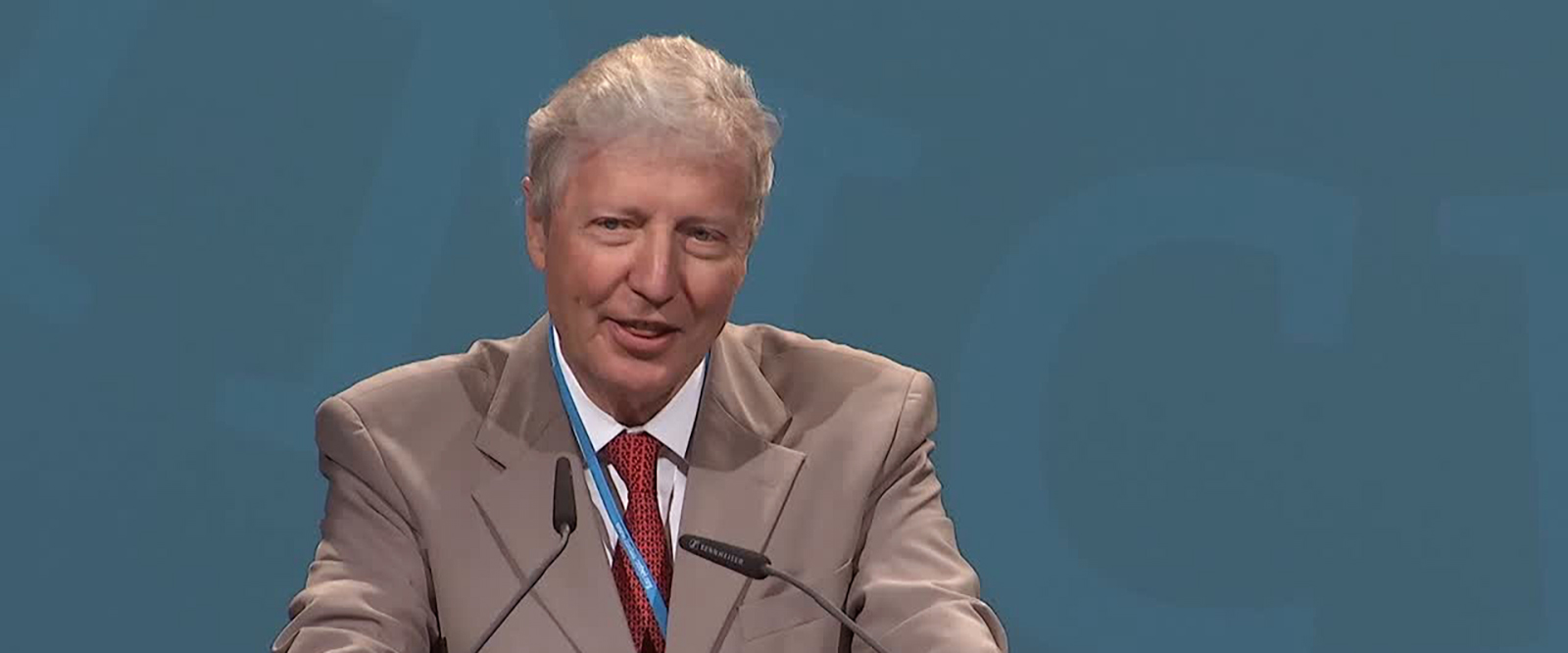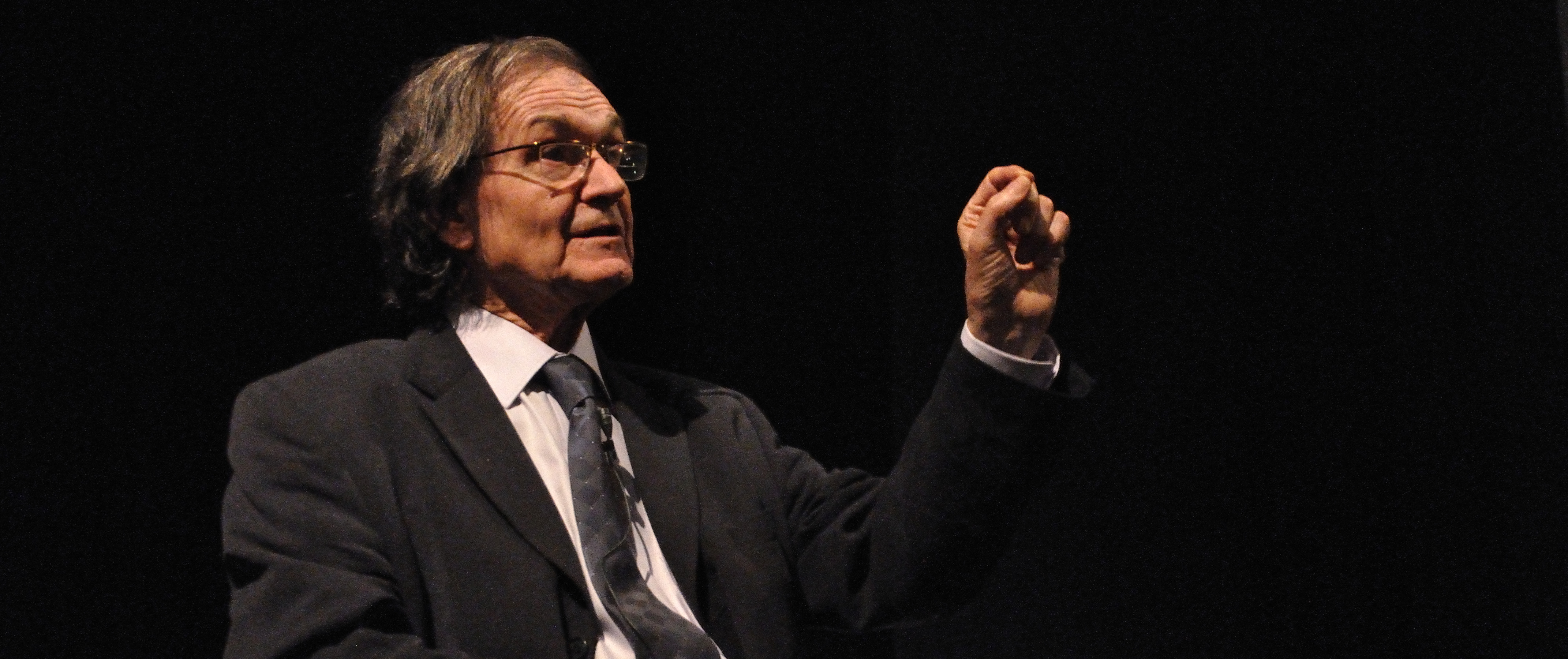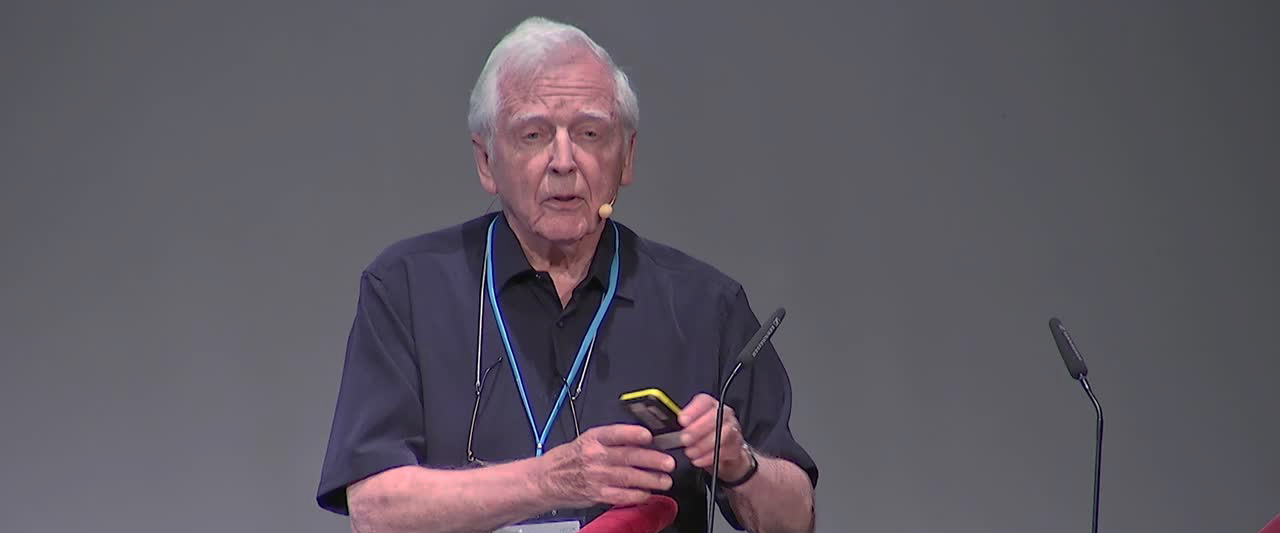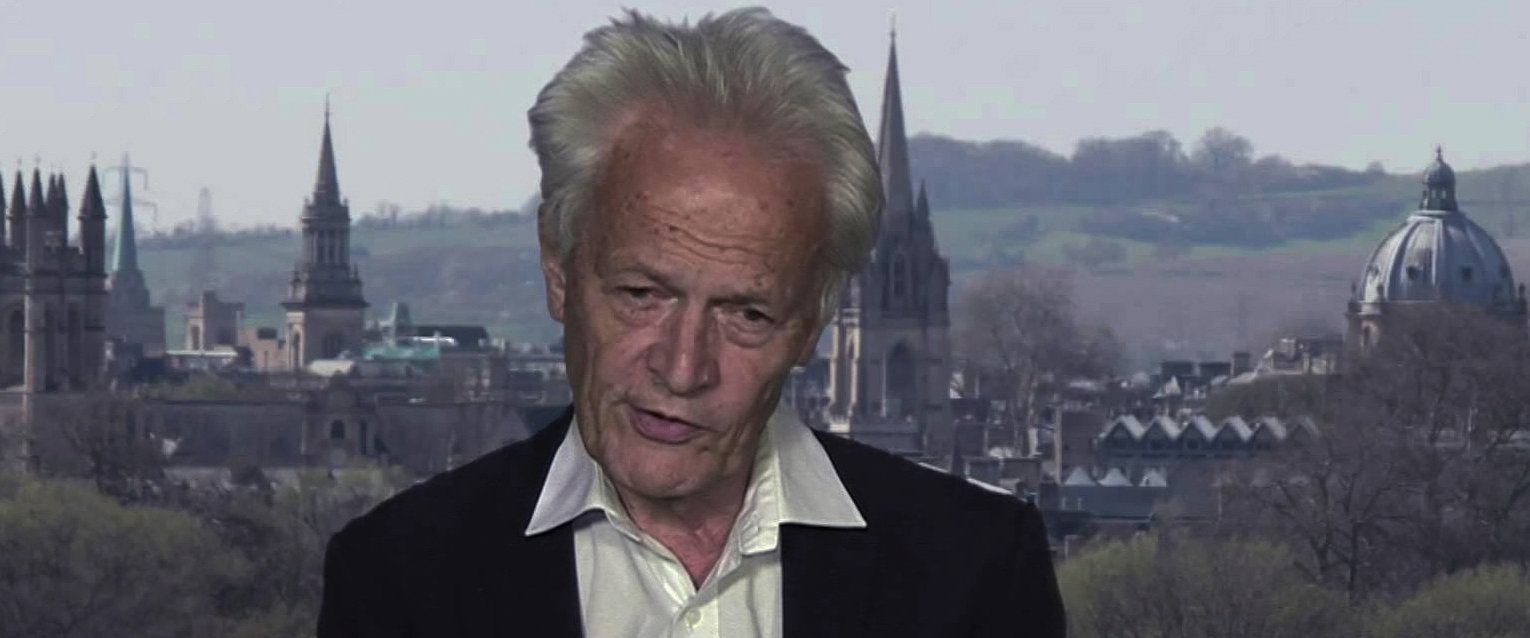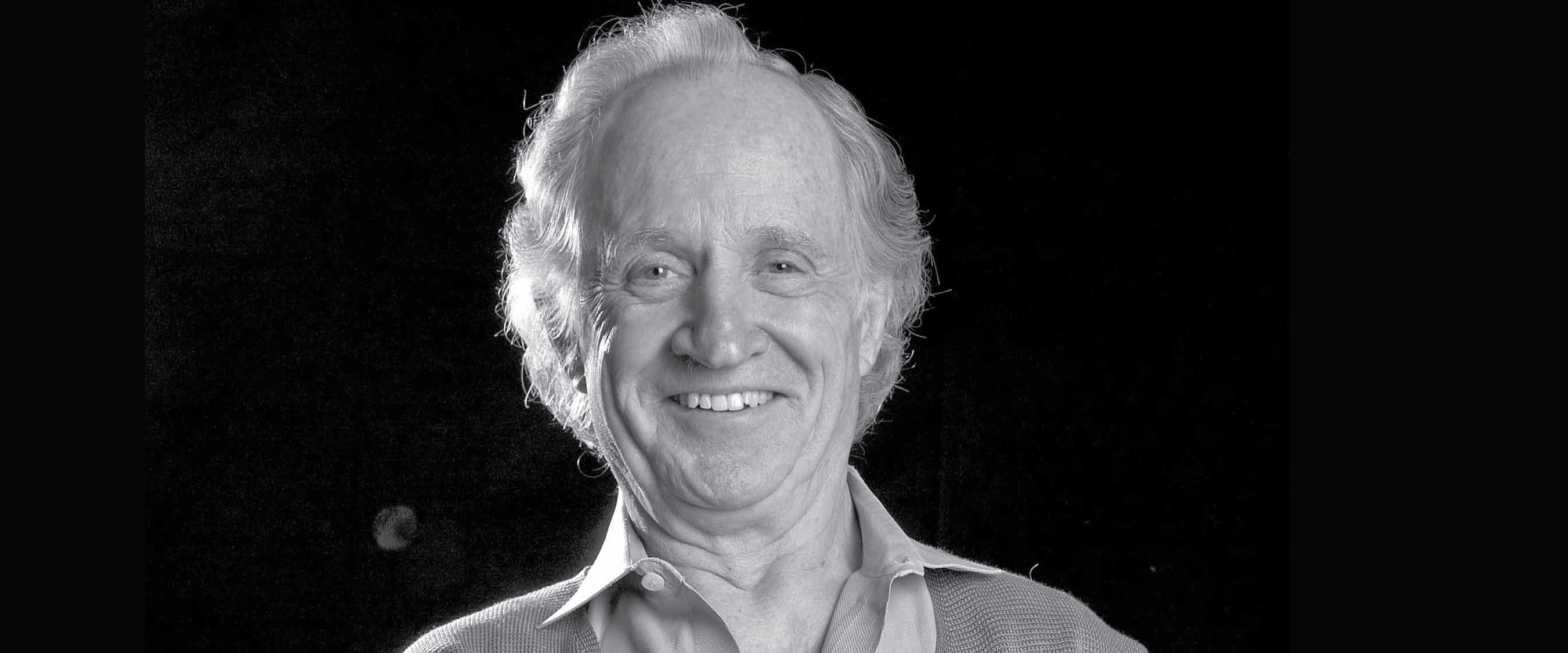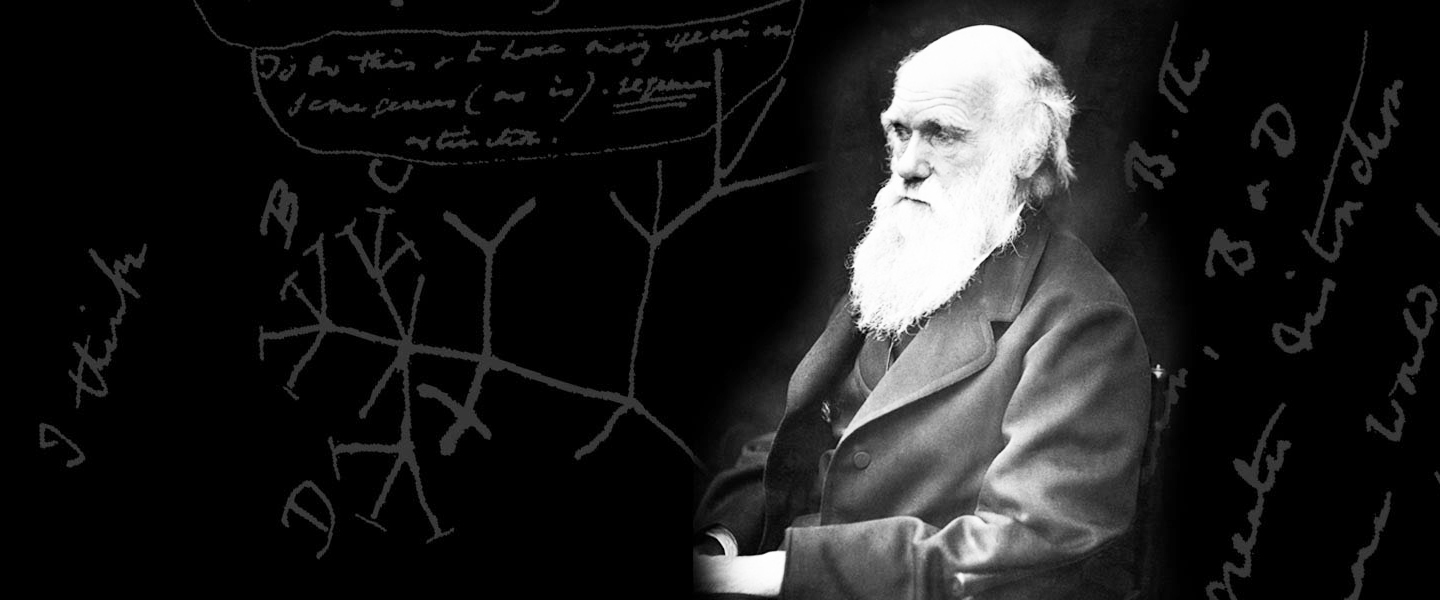28th November 2016.
Annick Harel-Bellan, Haut Conseil de l’ evaluation de la Recherche et de l’ enseignement superieur (HCERES) and Centre National de la Recherche Scientifique (CNRS)
Venue, time and poster: College lecture theatre, 5.00 pm, the poster of the seminar can be downloaded here. Streaming: the seminar will be streamed at: http://smarturl.it/CollegioVoltaStream
Over the last two and half centuries research has transformed from the endeavour of a few and wealthy gentlemen to a resource intensive and institutionalised enterprise, largely sustained by tax payer money. This seminar series contrasts different procedures of research assessment in use in several European countries in the search for new or improved methodology. Starting from the mid 1980s, however, several countries have began questioning the return from investment in research and devised procedures for research assessment in the name of accountability. Thirty years on there is broad agreement that research funded by the public ought to be assessed, but little consensus about the methodology to be employed. This seminar series contrasts different procedures of research assessment in use in several European countries in the search for new or improved methodology.
Abstract
France established a single Agency in charge of Research Asssessment (Agence d'évaluation de la recherche et de l'enseignement, supérieur, AERES) in 2007 with the view to rationalise and harmonise the evaluation of Higher Educational Institutions, notably Universities and publicly funded Research Institution. In the years 2007-2013 AERES has conducted 7 evaluation campaigns involving the bulk of French Universities and Research Institutes at a total cost of € 76.6 millions. In 2013 the French government instituted a new body: the Haut Conseil de l’évaluation de la recherche et de l’enseignement supérieur (HCERES) to replace AERES. The new Agency has published a strategy document highlighting the goals for the years 2016-2020 and is actively engaged in evaluating the work of French HIgher Educations Institutions qith the support of 110 full time administrators, 115 scientists working part time for the Agency and calling upon the serveices of 4,000 experts. The lecture will discuss the methodology of Research Assessment in France including the relative roles of peer-review and metrics, the major differences between the approaches adopetd by AERES and HCERES and the impact that the Research Assessment procedure has had - or will have - on the allocation of financial resourves to individual Universities or Research Institutions.
Biographical sketch
Annick Harel-Bellan is currently a research director at the CNRS. She obtained a PhD in Immunology from the Université Paris 7 (1986) in the laboratory of Jean Dausset (Hôpital Saint-Louis, Paris France, Nobel Prize for Physiology and Medicine, 1980). She spent a few months at EMBL (Heidelberg, Germany, lab of Kathryn Howell and Daniel Louvard, 1981), and two years in the laboratory of Bill Farrar (NCI, Frederick, MD, USA, 1986-1988). She is currently in the SBIGEM at the CEA Saclay. Since 1988, Annick-Harel-Bellan is interested in deciphering the mechanisms involved in controlling cell fate, focusing on epigenetic (chromatin modifications and miRNAs) aspects of this control, and thus linking epigenetics and cancer, notably by demonstrating the role of chromatin modification in the mechanism of action of the tumour suppressor Rb or of miRNAs in the balance between cell differentiation and proliferation. During the course of these studies, she designed a strategy to inhibit small RNAs that is widely used, based on chemically modified antisense oligonucleotides (LNAs). She is also interested in nuclear RNA interference. More recently she started to be interested in applying mathematical modelling to biological questions, focussing on the mode of action of miRNAs or on the dynamic of cancer cell populations. In addition to her research interests, Annick Harel-Bellan has a strong interest and major roles in research strategy and research assessment in France.
Image: French scientist Louis Pasteur who made outstanding contributions to the development of the germ theory of disease and modern vaccination.
